

Quality control is essential to ensure that your packaging complies with safety and regulatory standards, including both FDA and EU regulations. If you're packaging food products, the packaging materials must meet stringent standards for food contact safety. Inquire about the specific tests your supplier conducts, such as barrier properties testing, to ensure the packaging effectively protects the product.
Example: A company producing organic dried fruits ensures compliance with FDA and EU food contact safety standards by selecting paper-based packaging that has been rigorously tested for moisture and oxygen barrier properties.
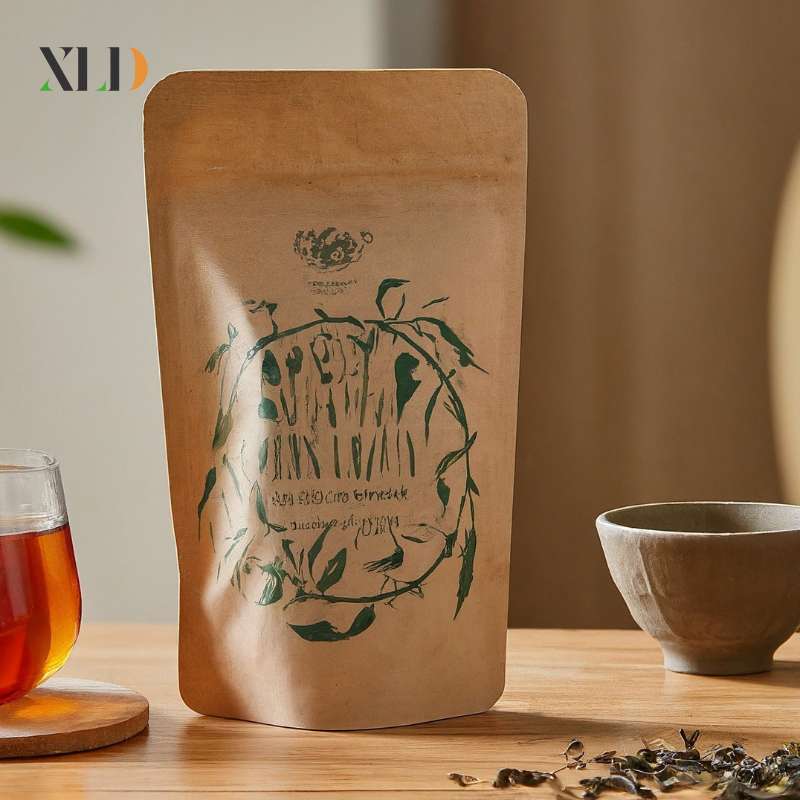
Paper-based flexible packaging offers significant opportunities to enhance your brand’s sustainability credentials. For example, a tea company might want packaging that emphasizes its commitment to the environment. Your supplier should offer customization options, such as eco-friendly inks and recyclable materials, to align with your brand’s ethos.
Example: A tea brand enhances its eco-friendly image by using fully recyclable, custom-printed paper-based pouches, appealing to environmentally conscious consumers.
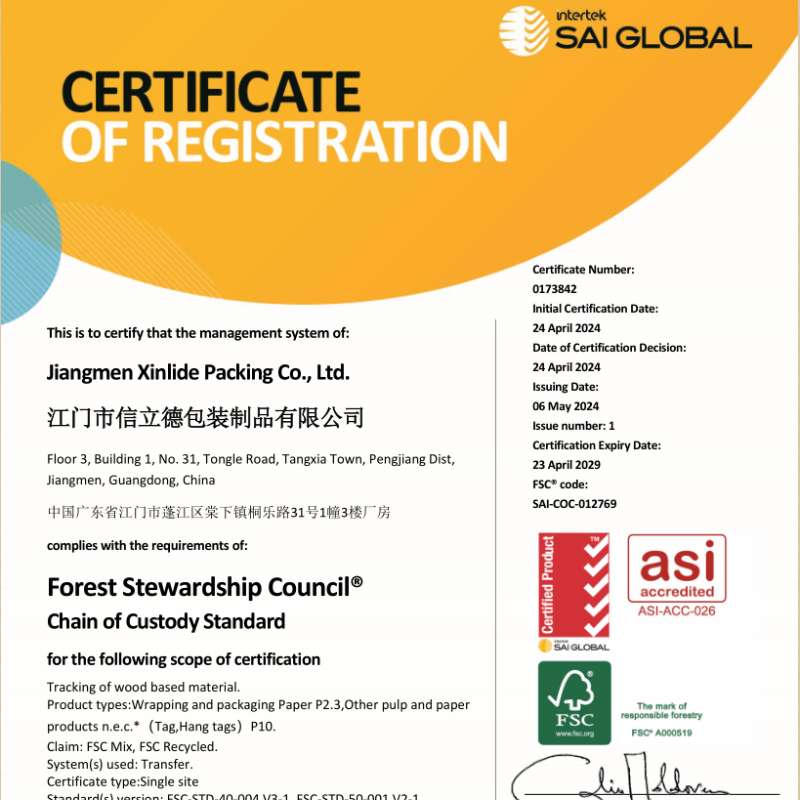
In today’s market, sustainability is a key concern. Ask your supplier about their use of sustainable materials, such as FSC-certified paper, and whether their packaging is compostable or biodegradable. Compliance with environmental standards like ISO 14001, as well as adherence to EU and FDA regulations on recyclability, can indicate a strong commitment to sustainability.
Example: A skincare brand gains a competitive edge by switching to FSC-certified, biodegradable paper-based packaging, meeting both EU and FDA sustainability requirements.

Cost efficiency is a vital consideration, especially when transitioning to more sustainable packaging options. Paper-based flexible packaging can often lead to cost savings due to its lightweight nature, which reduces shipping costs. For instance, a company producing organic snacks might find that switching to paper-based pouches decreases their overall shipping expenses while enhancing their brand’s eco-friendly image.
Example: An organic snack company cuts shipping costs by 15% after transitioning to lightweight, paper-based pouches, with additional savings from bulk purchasing.

Choosing a supplier with a proven track record in producing high-quality, compliant paper-based flexible packaging is essential. If you’re in the food industry, ask for case studies that demonstrate the supplier’s experience in producing packaging that meets both FDA and EU food safety regulations. This helps ensure that your products are well-protected and comply with all relevant standards.
Example: A new food brand successfully launches in both the US and European markets by partnering with a supplier experienced in FDA and EU-compliant paper-based packaging.
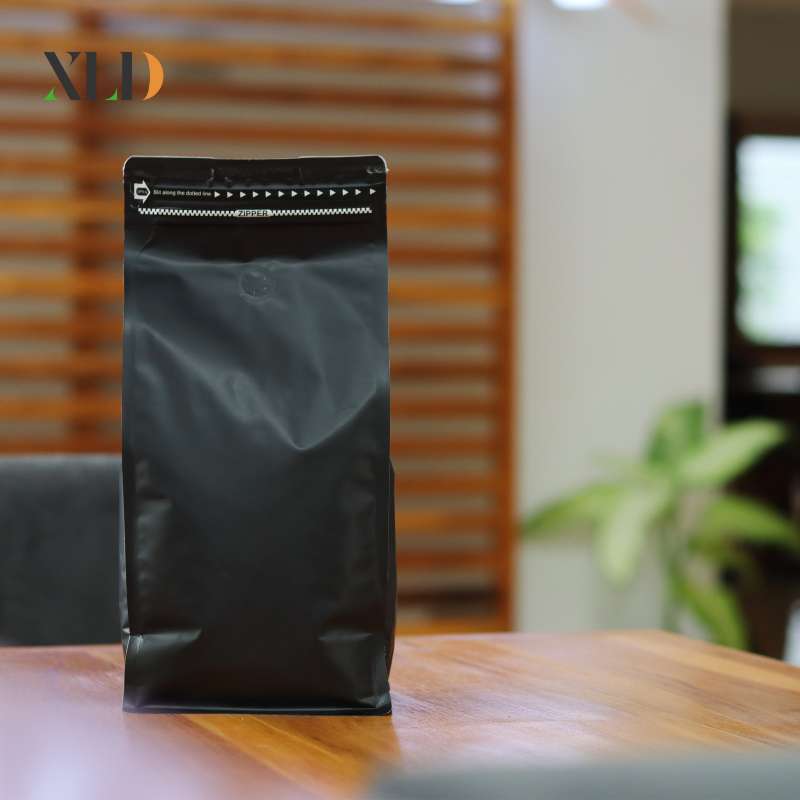
Customization is crucial for differentiating your product. For example, if you’re in the health food industry, you might need paper-based pouches with specific barrier properties and resealable closures to keep products fresh. Your supplier should offer a range of customizable options to meet these needs, ensuring the packaging aligns with both your brand’s identity and product requirements.
Example: A health food brand boosts customer satisfaction by offering resealable paper-based pouches that preserve product freshness while maintaining a clean, natural look.
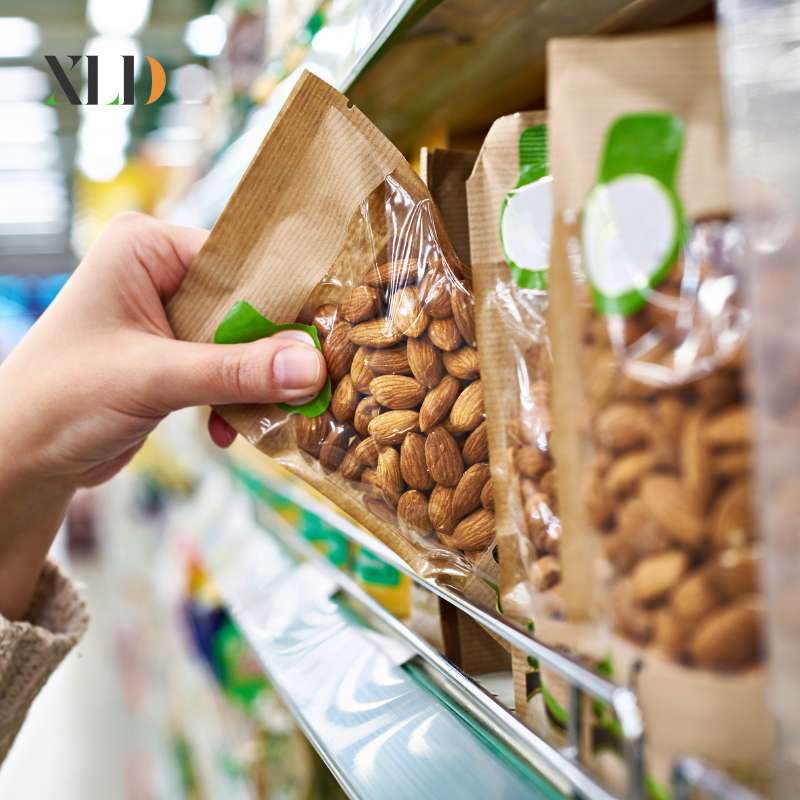
Paper-based packaging might be the best fit for your product depending on its unique needs. For instance, if you’re packaging specialty grains, paper-based pouches can offer a natural, rustic appeal while providing necessary protection against moisture. Discuss with your supplier how paper-based options compare to alternatives like plastic or metalized films in terms of protection, durability, and brand alignment.
Example: A specialty grain producer switches to paper-based packaging, enhancing the product’s appeal with a natural look and ensuring adequate moisture protection.
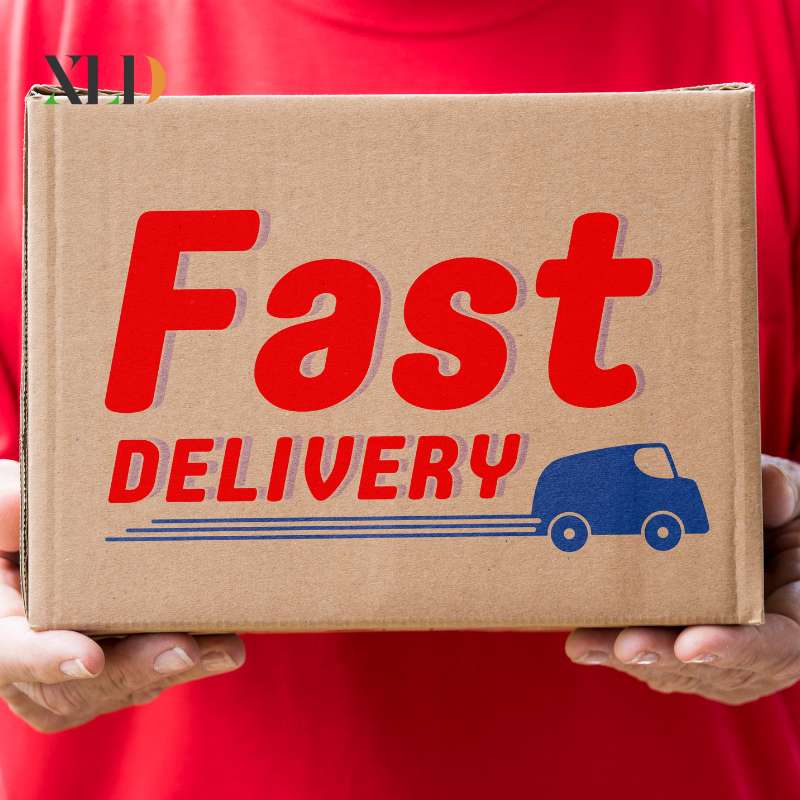
Reliable delivery is critical for maintaining an efficient supply chain, especially when you’re preparing for product launches or seasonal promotions. Ask your supplier about their lead times and how they manage delivery schedules to ensure that your paper-based packaging arrives on time and meets your production timelines.
Example: A holiday-themed snack company ensures timely market entry by selecting a supplier with reliable delivery schedules for their paper-based packaging needs.
Image suggestion: A timeline graphic showing the steps from order placement to delivery, highlighting key milestones for on-time delivery.
By asking these key questions, you can make informed decisions that align your paper-based packaging choices with your business goals, regulatory requirements, and sustainability commitments. At XLD Packaging, we are dedicated to providing high-quality, customizable, and eco-friendly paper-based flexible packaging solutions that meet both FDA and EU standards. Let us help you make the best packaging decisions for your products.